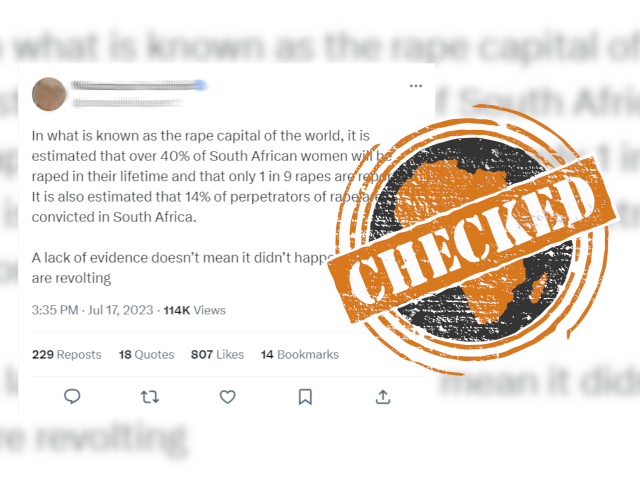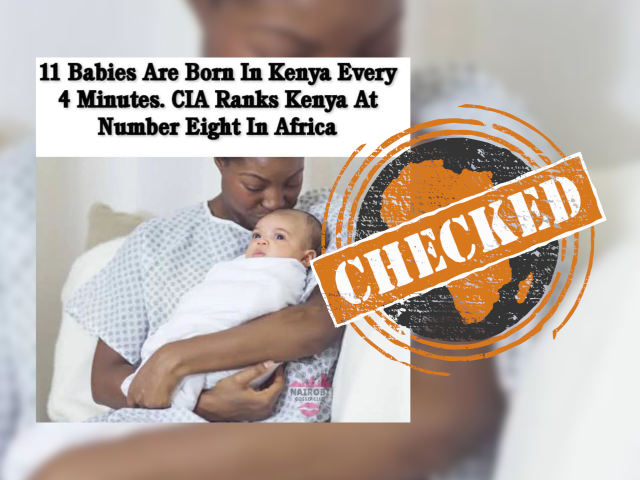IN SHORT: Posts doing the rounds on social media claim South Africa’s president is giving away 10GB of data. But it’s a scam similar to previously debunked social media posts with the same red flags.
The president of South Africa, Cyril Ramaphosa, is giving away 10 gigabytes (GB) of data to supporters. That’s according to a claim doing the rounds on WhatsApp and sent to Africa Check several times by subscribers.
“Ww Have partner with all network providers Give out 10GB Free Data and R50 Airtime Voucher to supporters to celebrate and to rally online I just got mine get yours below,” the message says.
It then lists South African network providers – MTN, Vodacom, Cell C and Telkom – and a link under each where readers can supposedly get data.
The claim is also doing the rounds on Facebook in South Africa. In one Facebook post, the text is the same but lists different links, under the various network providers, from the WhatsApp message.
The other Facebook posts don’t link to any website. Instead they ask readers to “share it with 5 groups or 15 friends on WhatsApp” after which they’ll “be redirected automatically” to something called an “activation page”.
So, will readers actually get 10GB of data from Ramaphosa if they click on these links or send the post to friends on WhatsApp? We investigated.

WhatsApp message links blocked by Bitly
The Bitly links under each network provider in the WhatsApp message are the same. Bitly is a website address shortening service and a link management platform.
When clicking on each of the links, we received the same message, warning that the website linked to could be harmful:

“We recommend you close your browser window and notify the person who sent you the link,” the warning said.
The WhatsApp message is also full of spelling and grammatical errors, a key red flag that it might be a scam.
Red flags in Facebook posts
The links in the one Facebook post are inactive. But instead of a warning like with the Bitly links, the page does not load. This is also a red flag that the post might be a scam.
Along with a few grammatical errors, the other two Facebook posts ask users to share the message with five groups or 15 friends on WhatsApp, which is a cause for concern.
This is a type of engagement bait, asking users to interact by liking, commenting or sharing a post.
This is done by the Facebook page owner to gain a wider reach for the page or post.
Similar to previously debunked claim
A similar message from earlier in 2023 claimed that Khumbudzo Ntshavheni, minister in the South African presidency, was also giving away 10GB of data.
But the South African government was quick to debunk the claim as a scam through X, formerly known as Twitter.
The claim that Ramaposa is giving away 10 GB of data is also a scam.
For more information on how to spot and avoid scams, read our guide.
Republish our content for free
For publishers: what to do if your post is rated false
A fact-checker has rated your Facebook or Instagram post as “false”, “altered”, “partly false” or “missing context”. This could have serious consequences. What do you do?
Click on our guide for the steps you should follow.
Publishers guideAfrica Check teams up with Facebook
Africa Check is a partner in Meta's third-party fact-checking programme to help stop the spread of false information on social media.
The content we rate as “false” will be downgraded on Facebook and Instagram. This means fewer people will see it.
You can also help identify false information on Facebook. This guide explains how.





Add new comment